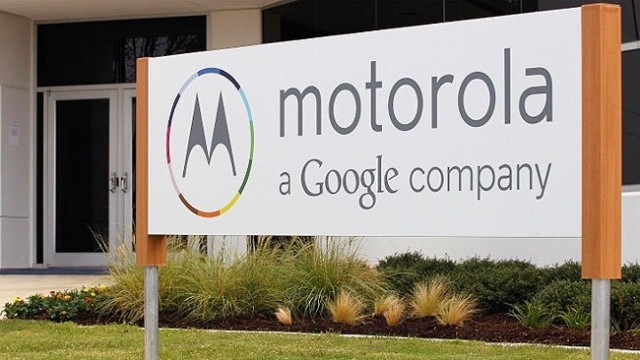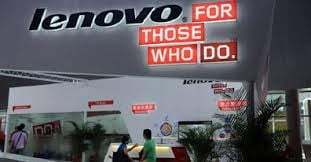By Lakshay Kumar Chowdhury
If you buy something for $12.5 and sell it for $2.91, you don’t really come across as an astute person.
But when you realize that the party doing so is none other than Google, the undisputed behemoth of the digital era, and that there’s a single word – ‘billion’ – in front of the numbers, you’ll be forced to stop and step back. What did Google just do? How can it be right? Are we really sure it’s…Google?
Google confirmed on its site that it has sold Motorola for $2.91 billion, consisting of $660 million in cash and $750 million in Lenovo shares, with the remaining $1.5 billion paid in the form of a three-year promissory note. That is, to put it safely, a bit less than the $12.5 billion the Google paid back in 2012, which on the surface makes this look like a terrible deal. At that time, it was thought that the primary reason for the acquisition was the treasure of Motorola patents that would help Google to defend it and its partners against Apple. Although the patents have not proved to be very helpful to Google in patent litigation, they have helped in cross-licensing agreements with other companies, including one Google and Samsung announced on Monday.
But dig a little further and it doesn’t seem too bad. The deal is not a total financial loss for the extremely wealthy Google.
For starters, Google sold off the company’s set-top box business, Motorola Home, last year for $2.3 billion. And, more importantly for Google, it will retain about 15,000 of the 17,000 patents it acquired as part of its original deal for Motorola and will grant Lenovo a license to use certain ones. Analysts have described the patents as the most valuable part of the acquisition, worth several billion dollars alone because they are firepower for Google to defend its Android mobile operating system.
Google’s share price climbed 2 percent in after-hours trading after the announcement, a day before the company was set to announce its fourth-quarter earnings.
Google is unloading Motorola Mobility onto Chinese PC maker Lenovo. The handset side of Motorola, however, has always been a stress point between Google and its partners. While Google said it maintained divisions between its Android group and the Motorola unit, other vendors have privately expressed irritation that a partner was also a competitor. Throughout the last year or so, Motorola has continually posted losses. In the most recent quarter, Motorola posted an operating loss of $248 million, wider than the year-earlier period.
What’s next?
Lenovo, already the world’s biggest PC Company, is buying itself a toehold in the fast-growing smartphone business during a worldwide slowdown in PC sales and overnight brand recognition in the West. According to Wai Ming Wong, Lenovo’s chief financial officer, “The Motorola handset business comes in very nicely to expand their business further”. The company tried to buy Blackberry last year, but was shut down by the Canadian government. As the inventor of the cell phone, Motorola has a rich legacy and a still well-known brand that Lenovo could exploit.
“The acquisition of such an iconic brand, innovative product portfolio and incredibly talented global team will immediately make Lenovo a strong global competitor in smartphones,” Lenovo CEO Yang Yuanqing said in a statement.
On the other hand, the sale comes as Google has turned its energies towards hardware as well as software products. The company is working on Google Glass, its wearable computer, a smart watch and driverless cars as well as tablets and laptops.
Yet while Google’s business depends on phones getting into the hands of more people around the world, it benefits from selling the ads on those phones, not the phones themselves. Selling Motorola is an acknowledgment that Google is better off focusing on its core competencies – making software and selling ads – particularly as the profit margins for phones are shrinking overall.
Google remains committed to hardware, a business that it has been entering over the past couple years, most notably with Motorola but also with products like Google Glass and companies like Nest Labs, the maker of smart thermostats and smoke alarms that Google acquired this month for $3.2 billion.
As to what happens next, that remains to be seen. Google keeps the patents it says it needs to defend the Android ecosystem. Lenovo gets the North American smartphone leg-up it desperately wants. And hopefully, Motorola gets a supportive parent that will provide the resources necessary to thrive. Whether the company will keep its US manufacturing and employees is the big question in the minds of many, but given that Lenovo already has a major presence in the US, let’s not be too quick in ruling out the possibility.



































